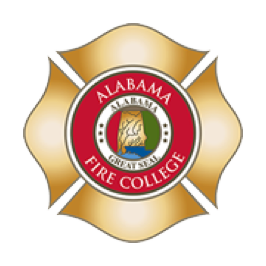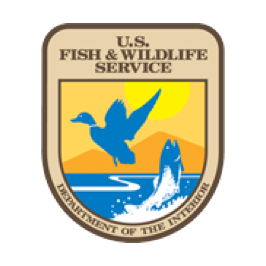U.S. Department of Transportation Awards $110 Million in Grants for Wildlife Crossings
The U.S. Department of Transportation’s Federal Highway Administration (FHWA) today announced $110 million in grants for 19 wildlife crossing projects in 17 states, including four Indian Tribes. The funding is made possible by a new program in President Biden’s Bipartisan Infrastructure Law (BIL) and can support projects that construct wildlife crossings over and below busy roads, add fencing, acquire tracking and mapping tools, and more. Overall, BIL makes a total of $350 million available over five years under the Wildlife Crossings Pilot Program.
Each year, it is estimated that there are more than one million wildlife vehicle collisions in the U.S. Wildlife-vehicle collisions involving large animals result in injuries to drivers and their passengers, representing approximately 200 human fatalities and 26,000 injuries to drivers and their passengers each year. These collisions also cost the public more than $10 billion annually. This includes economic costs caused by wildlife crashes, such as loss of income, medical costs, property damage, and more.
“Every year, too many Americans are injured or killed in crashes involving cars and wildlife, especially in rural areas – but President Biden is tackling this challenge through these first-ever roadway safety grants,” said U.S. Transportation Secretary Pete Buttigieg. “The projects we’re funding today in 17 states will reduce collisions between drivers and wildlife and save American lives.”
“We are pleased to announce the first round of grants under the Wildlife Crossings Pilot Program to projects that will significantly reduce the number of collisions between motorists and wildlife,” said Federal Highway Administrator Shailen Bhatt. “These roadway safety investments will ensure that motorists and wildlife get to their destinations safely and are a win-win for safety and the environment.
Read the whole article here.
To learn more about funding amounts and projects click here.
To see the ARC press release click here.






